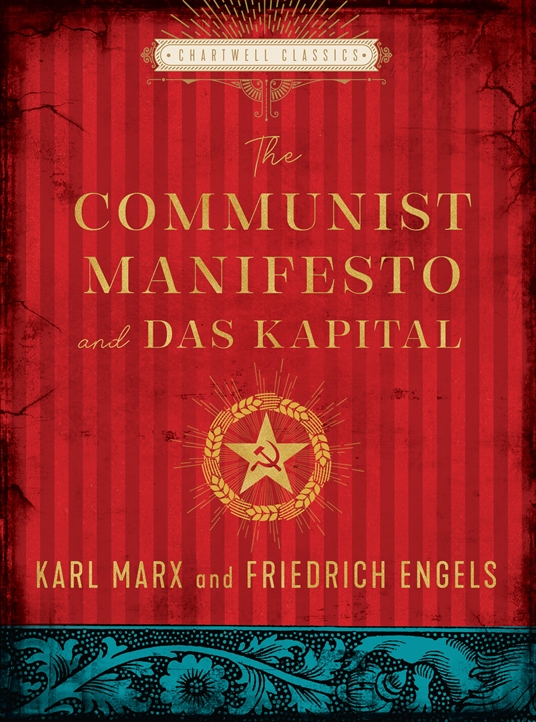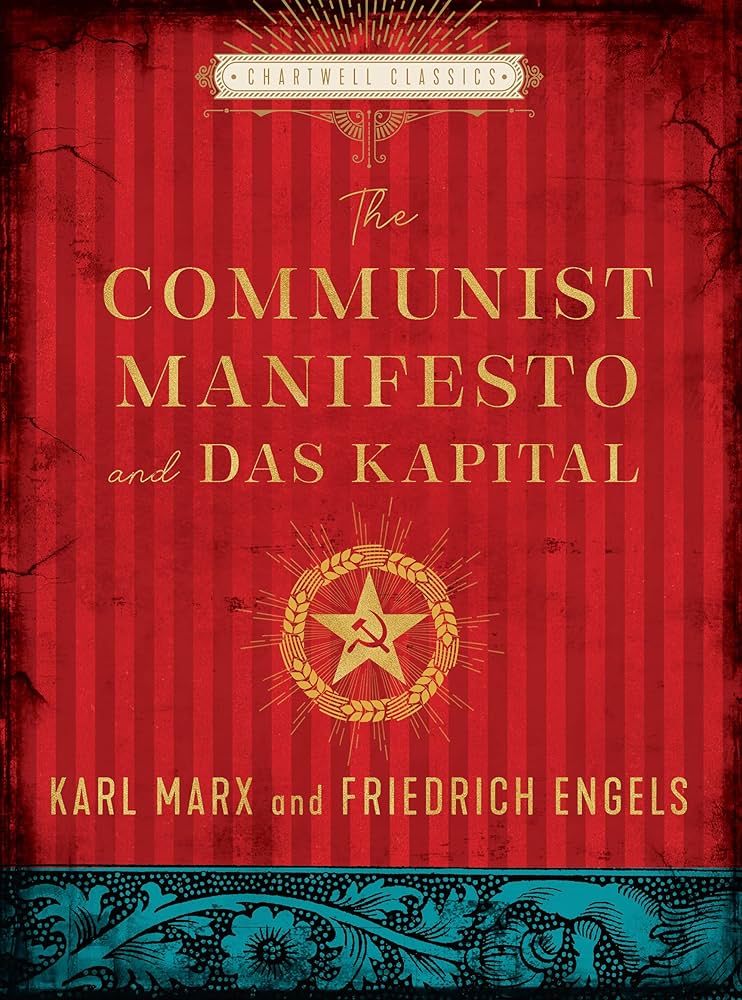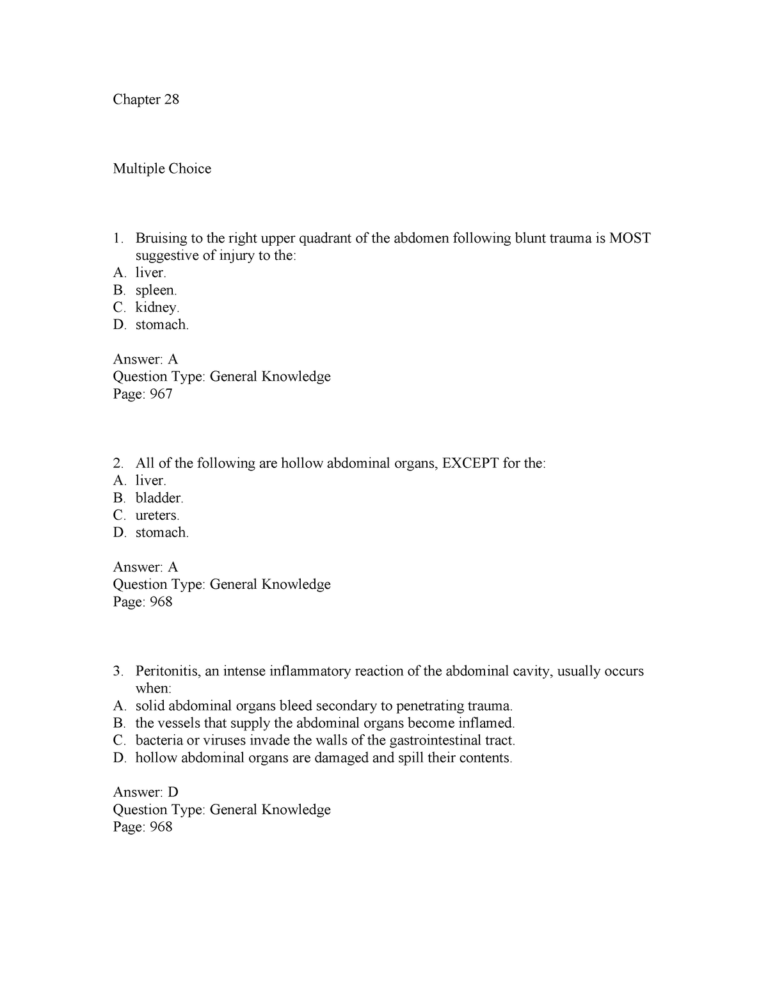Das Kapital And Communist Manifesto
“Das Kapital” and “Communist Manifesto” are seminal works by Karl Marx on socialist theory. These texts analyze capitalist society’s flaws and propose a classless, communist society based on worker ownership.
In “Das Kapital,” Marx delves into the exploitative nature of capitalism, emphasizing the labor theory of value. On the other hand, the “Communist Manifesto” outlines the historical development of class struggles and calls for a proletarian revolution. Together, these works form the foundation of Marxist ideology, critiquing capitalism and advocating for a more equitable society.
Their enduring relevance lies in their critique of capitalism’s inherent contradictions and their vision for a more just and equitable social order.
The Origins Of Das Kapital
Karl Marx’s Background
Karl Marx, a German philosopher, economist, and revolutionary socialist, born in 1818.
Studied philosophy and law, but his passion was understanding societal structures.
Marx’s early experiences fueled his desire to analyze the capitalist system.
Inspiration For Writing
Marx’s observation of the industrial revolution’s impact on the working class.
He witnessed the exploitation and inequality perpetuated by the capitalist system.
Marx was inspired to create a comprehensive critique of capitalism in Das Kapital.
Key Concepts In Das Kapital
Das Kapital, written by Karl Marx, is a foundational text in the field of economics and social theory. It delves into the workings of capitalism and the exploitation of labor. Understanding the key concepts in Das Kapital is essential to comprehend Marx’s critique of capitalism and his vision for a communist society.
Labor Theory Of Value
The Labor Theory of Value, a central concept in Das Kapital, asserts that the value of a commodity is determined by the amount of labor required for its production. According to Marx, the value of a product is not based on the costs of production or the demand for it, but on the labor invested in its creation. This theory challenges the traditional economic understanding of value and provides a critical perspective on the capitalist mode of production.
Surplus Value
Surplus Value, another key concept in Das Kapital, refers to the additional value produced by workers beyond what is necessary to cover their wages. Marx argues that capitalists extract surplus value from the labor of workers, leading to exploitation and the accumulation of wealth in the hands of the capitalist class. This concept sheds light on the unequal distribution of wealth and power within capitalist societies.
Impact Of Das Kapital
The impact of Das Kapital, written by Karl Marx, has been widespread and long-lasting. This influential book, along with the Communist Manifesto, has had a significant impact on economics and social movements around the world. In this section, we’ll explore the impact of Das Kapital on economics and social movements.
On Economics
Das Kapital has had a significant impact on economics, particularly in the development of Marxist economic theory. Marx’s analysis of capitalism and the exploitation of the working class has influenced the study of economics to this day. The book’s emphasis on the importance of labor and the exploitation of workers by the ruling class has been influential in shaping economic theory and policies.
In addition, Das Kapital has contributed to the development of socialist and communist economic systems. The book’s analysis of capitalism and its critique of the free market system has been the basis for the development of socialist and communist economic models. These models prioritize social ownership of the means of production and the distribution of wealth according to need, rather than the accumulation of wealth by the ruling class.
On Social Movements
The impact of Das Kapital on social movements has been significant as well. The book has been a source of inspiration for many revolutionary movements around the world, particularly in the 20th century. The emphasis on the struggle between the ruling class and the working class and the call for workers to unite and overthrow their oppressors has been a rallying cry for many social justice movements.
The book’s emphasis on the importance of labor and the exploitation of workers has also been influential in the development of labor movements. The labor movement, which advocates for the rights and fair treatment of workers, has been inspired by the ideas presented in Das Kapital. The book’s emphasis on the importance of collective action and the power of workers to organize and demand better working conditions has been a driving force behind the labor movement.

Credit: www.amazon.com
The Background Of Communist Manifesto
The Communist Manifesto, written by Karl Marx and Friedrich Engels, is a seminal work that has significantly influenced political and economic thought worldwide. To truly understand the significance and impact of the Manifesto, it is crucial to delve into the historical context in which it was written.
Collaboration With Friedrich Engels
Karl Marx collaborated with Friedrich Engels to write the Communist Manifesto. Engels, a prominent figure in the early socialist movement, provided valuable insights and resources that complemented Marx’s ideas, resulting in a powerful and enduring document.
Political Climate At The Time
The mid-19th century was a period of profound social and economic upheaval in Europe. Rapid industrialization led to harsh working conditions, stark economic inequalities, and widespread social unrest. This tumultuous environment provided fertile ground for the development and dissemination of radical political ideas, including those put forth in the Communist Manifesto.
Core Tenets Of Communist Manifesto
The core tenets of the Communist Manifesto, penned by Karl Marx and Friedrich Engels, lay the groundwork for understanding the principles of communism. The document outlines the fundamental beliefs that underpin the ideology, emphasizing the need for class struggle and a call to action for the working class.
Class Struggle
The concept of class struggle forms a central tenet of the Communist Manifesto. Marx and Engels argued that throughout history, societies have been characterized by the struggle between the ruling class, who own the means of production, and the working class, who labor to produce goods and services. This ongoing conflict is at the heart of the Marxist understanding of history and society.
Call To Action
The Communist Manifesto issues a call to action for the working class to unite and overthrow the capitalist system. Marx and Engels believed that the proletariat, or the working class, should rise up against the bourgeoisie, or the capitalist class, to establish a classless society where the means of production are collectively owned.

Credit: www.quarto.com
Influence Of Communist Manifesto
Communist Manifesto, written by Karl Marx and Friedrich Engels in 1848, is one of the most influential political documents in history. It is a concise yet powerful summary of the communist theory and its principles. The manifesto outlines the goals and objectives of the communist movement, which includes the overthrow of the capitalist system and the establishment of a classless society. The influence of the Communist Manifesto extends far beyond the political sphere, as it has also had a significant impact on the cultural and intellectual landscape of the world.
On Political Thought
The Communist Manifesto has had a profound impact on political thought around the world. It presents a clear and compelling argument against the capitalist system and offers an alternative vision of a socialist society. Marx and Engels argued that the capitalist system was inherently exploitative and that the only way to achieve true equality was through the establishment of a socialist system. The manifesto inspired numerous political movements around the world, including the Russian Revolution and the rise of communism in China. It also played a significant role in the development of socialist and communist parties around the world.
On Revolutions
The Communist Manifesto is also notable for its emphasis on the role of revolutions in bringing about social change. Marx and Engels believed that revolutions were an inevitable part of history and that they were necessary to overthrow the capitalist system. The manifesto argues that the working class must rise up and overthrow the ruling class in order to establish a socialist society. This emphasis on revolution has had a significant impact on political thought and has inspired numerous revolutionary movements around the world. However, it has also been criticized for promoting violence and instability.
Comparison Of Das Kapital And Communist Manifesto
When comparing Das Kapital and Communist Manifesto, it is essential to understand the differing emphases and complementary ideas presented in these two seminal works by Karl Marx and Friedrich Engels.
Differing Emphases
Das Kapital primarily delves into the economic analysis of capitalism, focusing on the labor theory of value, surplus value, and the inherent contradictions within the capitalist mode of production. In contrast, the Communist Manifesto emphasizes the historical and political aspects of class struggle, outlining the evolution of societies and the revolutionary overthrow of the bourgeoisie by the proletariat.
Complementary Ideas
While Das Kapital provides a detailed critique of the capitalist economic system, the Communist Manifesto complements this by offering a broader ideological and historical perspective. The Manifesto elucidates the necessity of class consciousness and unity among the working class to challenge the exploitative nature of capitalism, aligning with the economic analysis presented in Das Kapital.
Legacy Of Das Kapital And Communist Manifesto
The legacy of Das Kapital and Communist Manifesto continues to shape political discourse and economic theory to this day. These seminal works by Karl Marx have had a profound impact on society, inspiring revolutions and sparking debates on the nature of capitalism and communism.
Modern Interpretations
In modern times, scholars and activists interpret Marx’s works through various lenses, exploring themes of class struggle and economic inequality. Contemporary thinkers continue to analyze and critique the concepts presented in Das Kapital and Communist Manifesto, offering new perspectives on societal structures and power dynamics.
Relevance Today
The ideas put forth in Das Kapital and Communist Manifesto remain relevant today, as global economies grapple with issues of wealth disparity and labor rights. The principles of socialism and workers’ rights advocated by Marx continue to influence political movements and policy discussions around the world.

Credit: www.flickr.com
Conclusion
The ideologies presented in “Das Kapital” and “Communist Manifesto” are thought-provoking and continue to influence socio-economic discourse. Understanding the historical context of these texts is crucial in appreciating their relevance in modern society. As we reflect on their impact, it is evident that their principles continue to shape our understanding of capitalism and socialism.





